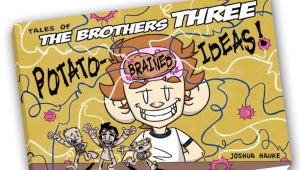
‘Tales of the Brothers Three: Potato-Brained Ideas’ – Trade Paperback Review
Everything is always as it seems. I had the privilege of diving into Joshua Hauke’s newest set of The Brother’s Three series, Potato-Brained Ideas. Each

Everything is always as it seems. I had the privilege of diving into Joshua Hauke’s newest set of The Brother’s Three series, Potato-Brained Ideas. Each
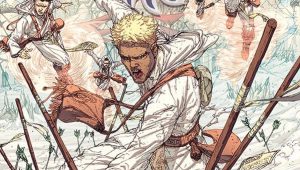
I discovered the valley of the shifting, whispering sands. My first experience with Brandon Sanderson was with his completion of the late Robert Jordan’s Wheel
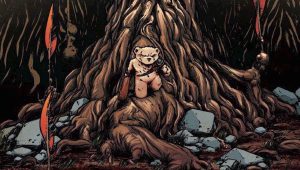
Nothing’s gonna harm you, not while I’m around… A little while back, I got hold of Benjamin Mikkelsen’s first issue of Stuffed in the IndyStash
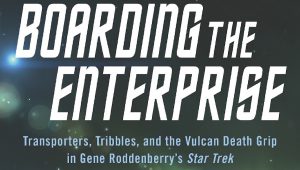
Fifty years ago, the Enterprise first embarked on her five-year mission, taking interstellar explorers from their living rooms on a journey through the stars. There
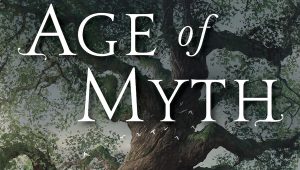
What if god was one of us? Welcome to Elan, but not the one you know from the Riyria Chronicles. Not yet, at least, as
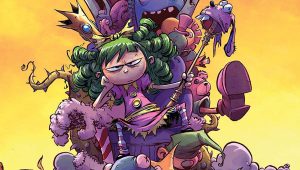
Being in charge sucks. Skottie Young told us that Gertrude’s journey was meant to be a 48-page limited run, but he never expected the popularity
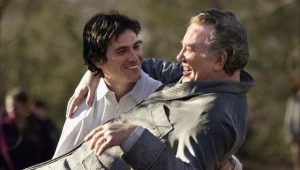
No, I am your father. My father died when I was eight years old. He died six months after being diagnosed with a tumor in
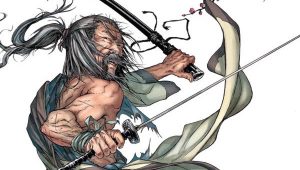
He that lives by the sword… In the final issue, the stage is set for a big showdown. Takeo and Shobei are set to fight

When slackers rule the Earth: an adventure 30 years in the making. There’s something magical that happens when you find all of your responsibilities absolved
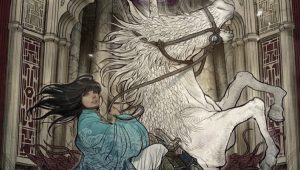
Annihilation makes for the strangest bedfellows. Montress is a book that I love for a few reasons.